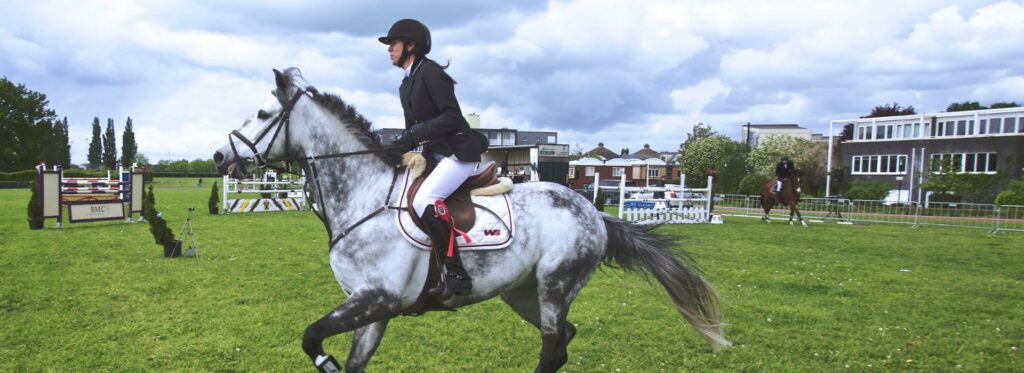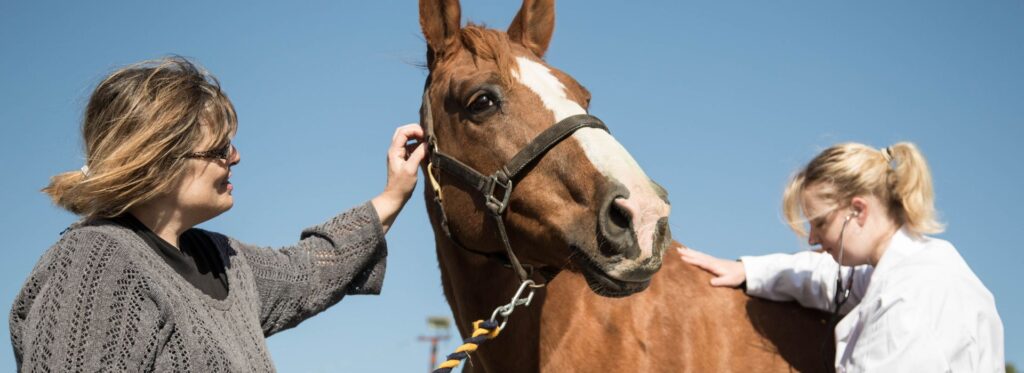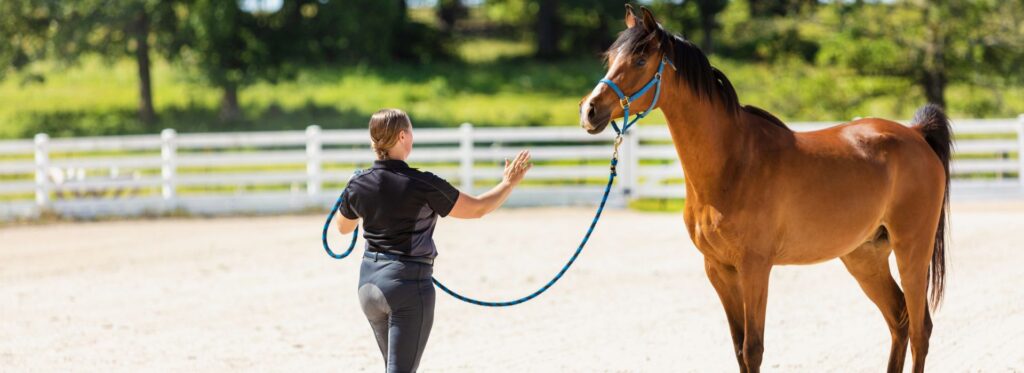Ever wonder why one horse costs $2,000… and another one costs $12,000?
They both have four legs. They both eat hay.
So what gives?
Here’s the truth: not all horses are priced the same—and for good reason.
Some horses come with extra training, better manners, fancier parents, or just a calmer mind.
So if you’re shopping for a horse—or trying to sell one—you should know what makes the price go up.
Let’s look at six simple things that can make a horse more expensive.
See how many your horse has. Or how many you really need.
1. Training Level
Let’s start with the big one.
Training is everything.
A horse that’s been trained to:
-
Stand still while you saddle up
-
Neck rein or ride off leg pressure
-
Load in a trailer without a fight
-
Stay calm on trails or in the arena
…is gonna cost more than a horse that’s barely been ridden.
Why?
Because someone already put in the time. And time = money.
If the horse’s been trained by a pro? Even more money.
Especially if they’ve got show experience or have been used for lessons.
Think of it like buying a truck.
You can get a plain one for cheap.
Or you can pay more for one that’s lifted, tuned, and ready to go.
How trained do you really need your horse to be?
That answer will help you decide what price makes sense.
2. Breed
Let’s be real—some breeds just sell for more.
Warmbloods, Friesians, Andalusians, and some gaited breeds come with higher price tags.
So do registered Quarter Horses and Paints with papers and show bloodlines.
On the other hand, you might find lower prices on:
-
Grade horses (no papers)
-
Mustangs
-
Off-track Thoroughbreds (OTTBs)
-
Mixed breeds
That doesn’t mean those horses are “lesser.”
But when it comes to selling, breed does play a role in what buyers expect to pay.
Want a high-end breed without the high-end price? Look for one that’s older, green, or needs a bit of polish.
3. Age
There’s a sweet spot when it comes to age.
Horses between 7 and 14 years old usually cost more—because they’re:
-
Old enough to be trained
-
Young enough to still have years ahead
-
Safe for work, showing, or family riding
Younger horses (under 5) are cheaper because they still need training.
Older horses (over 18) can also cost less because of health issues or fewer years left to ride.
But if the horse is beginner-safe, healthy, and calm—even at 18?
It may still be worth more than a spooky 7-year-old.
So don’t judge only by age—judge by what they can do.
4. Temperament
You can’t train “calm.”
You can shape behavior, sure—but some horses are just born with better brains.
A horse that:
-
Doesn’t spook easy
-
Forgives rider mistakes
-
Walks up to the gate to say hi
-
Loads, ties, stands for the farrier
…is worth more to most folks—especially beginners.
Why?
Because they feel safe. And safety sells.
If you’re selling a horse like that, be sure to show it.
Got video of a 10-year-old brushing and riding them? That’ll add a few thousand to the price real quick.
5. Bloodlines
If you’ve ever bought a dog or a cow or even a chicken with “papers,” you know the drill.
Bloodlines matter—if you’re selling to someone who cares.
For example:
-
A Quarter Horse with Peptoboonsmal or Smart Chic Olena in its pedigree? Worth more.
-
An Arabian with endurance champs in the line? Also worth more.
-
A mare with proven broodmare bloodlines? Yup, add a few bucks.
But if you’re selling to a trail rider who just wants a calm horse?
They may not care one bit who the horse’s parents were.
So, when pricing, ask yourself:
Are these bloodlines useful to the buyer—or just interesting to me?
6. Health and Soundness
Let’s not forget this one.
A horse with a clean vet check, good feet, and no major issues?
That horse is gonna sell higher.
A horse that needs:
-
Daily meds
-
Special shoes
-
Supplements
-
Or has a history of lameness
…will usually sell for less—even if it’s trained and well-behaved.
Would you pay more for a horse with mystery leg swelling or one that’s sound and ready to ride?
Most buyers pick peace of mind.
But hey—if you’re willing to deal with a little extra care, you might save money by buying a horse with some manageable needs.
Want Help Pricing a Horse?
Trying to figure out how all these things add up?
Use the Horse Price Calculator.
It factors in:
-
Breed
-
Age
-
Training
-
Health
-
Location
-
Gender
…and gives you a custom price range that fits your horse—or the one you’re thinking of buying.
Takes about two minutes, and it’s free.
Way better than guessing.
Final Thought
So, what makes one horse more expensive than another?
It’s not just looks or breed. It’s:
-
How well they’re trained
-
What they’ve done
-
How they act
-
How they’re built
-
Where they come from
-
And what they can still do for the next owner
If you’re buying, focus on what you actually need.
Don’t pay for bells and whistles if you just want a quiet trail buddy.
If you’re selling, don’t short-change a horse that’s calm, trained, and sound.
They’re worth more than most folks realize.
So now you know.
What’s your horse worth?
Check real listings at MyHorseForSale.com, or plug your info into the Horse Price Calculator to find out.
You might be surprised what adds up.



